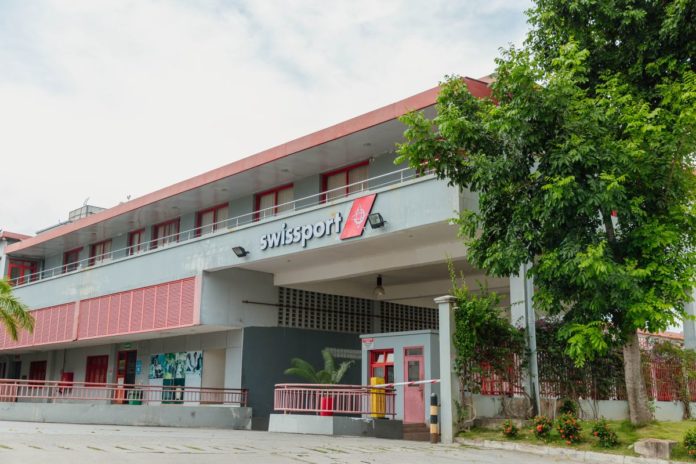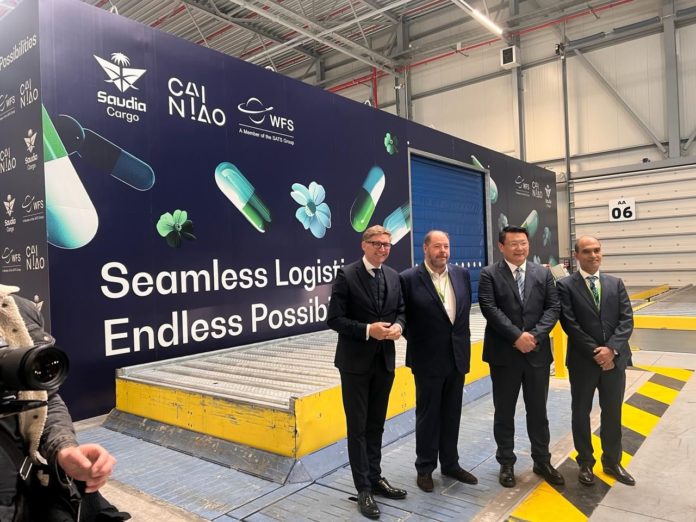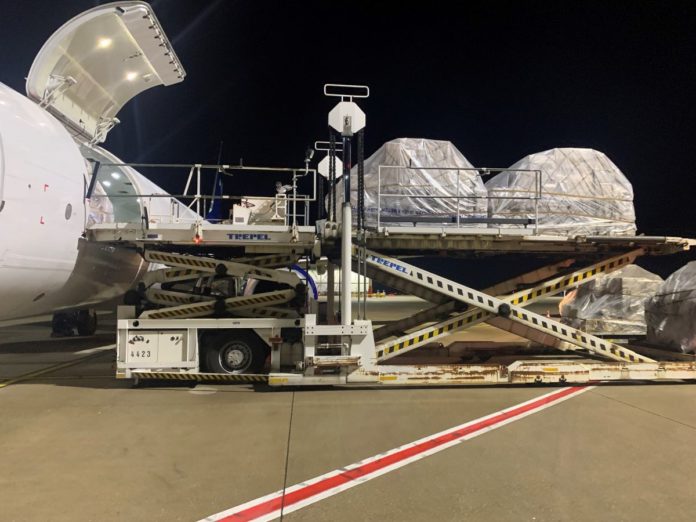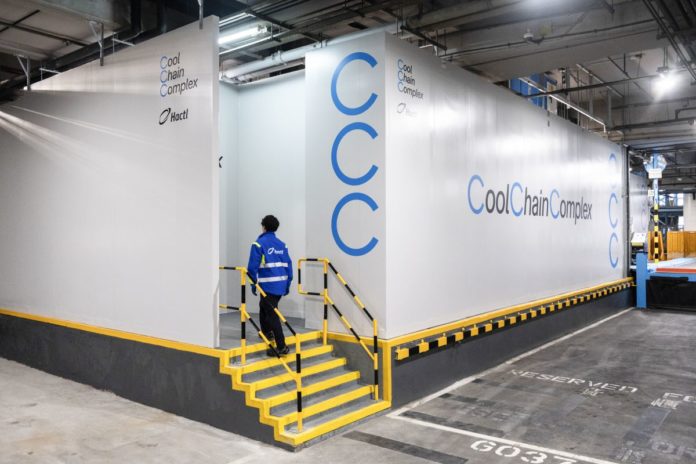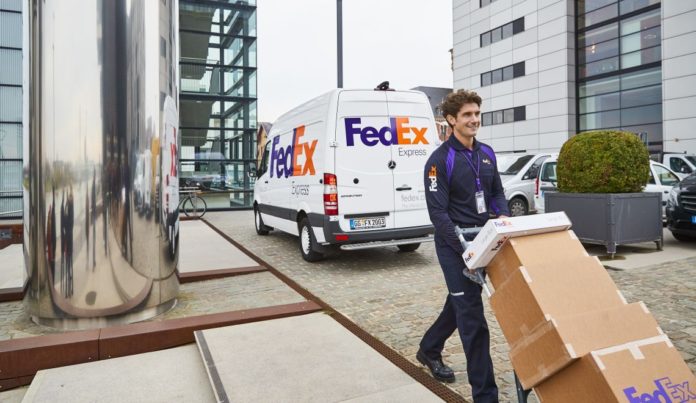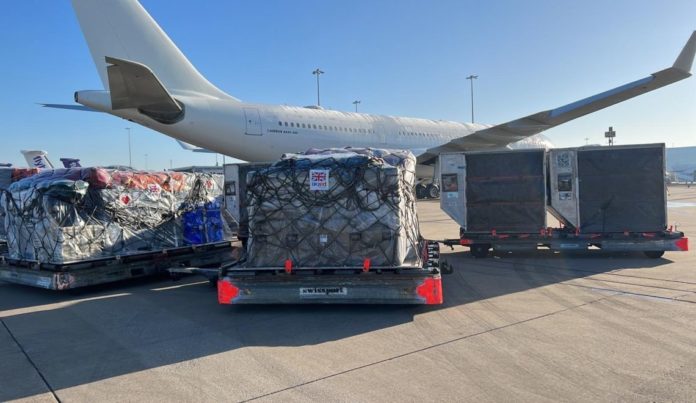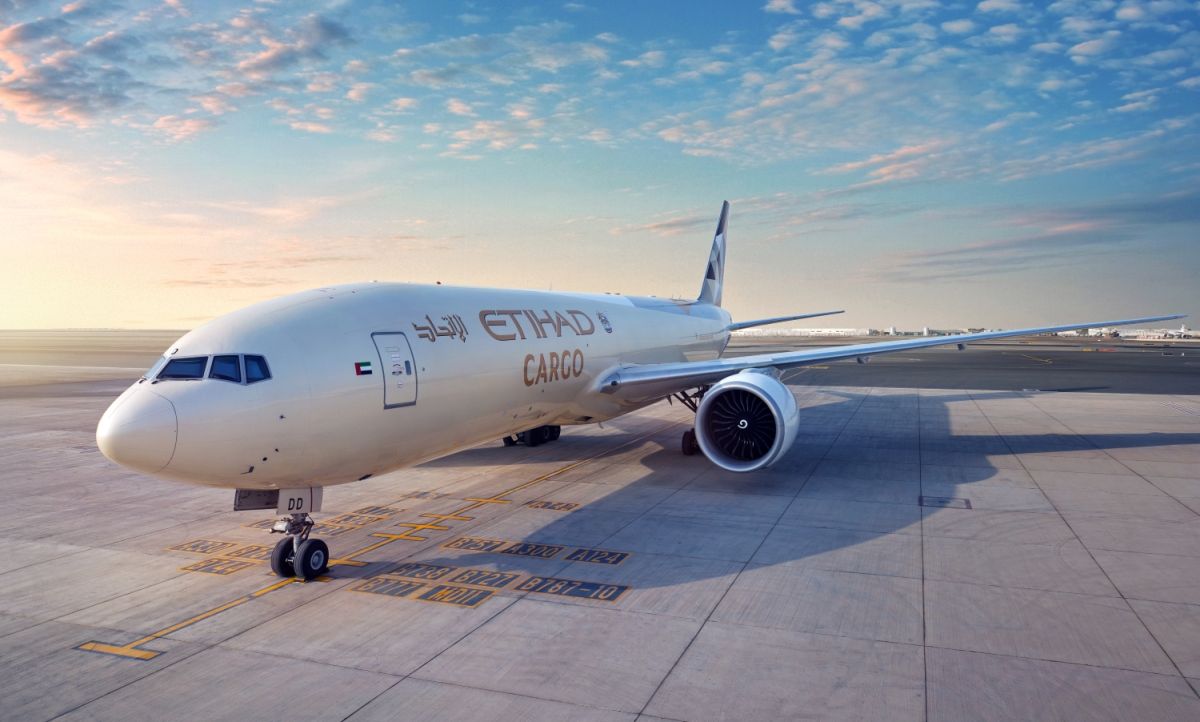Broker Air Charter Service says it has had its busiest year for some time for emergency flights in 2023, including aid movements and evacuations.
In February, an earthquake struck Turkey and Syria. A day later, ACS flew search and rescue teams to the region, along with its own representative to ensure the smooth operation of subsequent aid charters. ACS ultimately arranged charters to move over 2,000 tonnes of relief cargo, including tents, blankets, food and drink and a field hospital on Boeing 737s, 747s, 757s and 777s, Airbus A300s and A330s, and Ilyushin 76s.
Director of humanitarian and government services, Ben Dinsdale continue: “In April, following civil war in Sudan, our response teams in the US, Europe and Middle East were all called into action to evacuate people from the country. Following these evacuations we chartered aircraft over the next month to fly in a large amount of aid, for those displaced by the troubles.”
Typhoon Mawar. which hit the US Western Pacific territory of Guam followed in June, and ACS’s North American teams moved generators, water tanks, tractors and trucks. This was followed in August by the Hawaii wildfires spread which again kept ACS’ North American offices extremely busy, flying in aid, as well as three charters carrying replacement mobile phone towers.
Then, in September, two major disasters struck in North Africa – the earthquake in Moroccan followed by the floods in Libya.
Very few charter flights were needed for Morocco, the government there announcing that it did not require overseas aid, so ACS concentrated on Libya, flying over 500 tonnes of tarpaulins, tents, sleeping bags, water purification tablets and other aid.
Dinsdale added: “This list by no means covers all of the emergency humanitarian charters that we did in 2023, but gives an idea of the breadth of charters arranged across the globe. Whilst the majority of the work in my role is supporting longer term relief and development projects, which is ongoing, I am proud that our skillsets can be put to good use in these emergency situations and help out in such tragic circumstances.”








